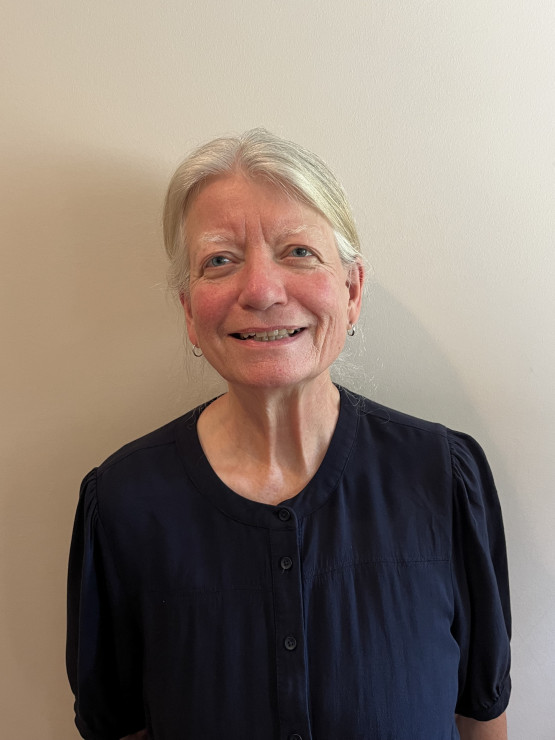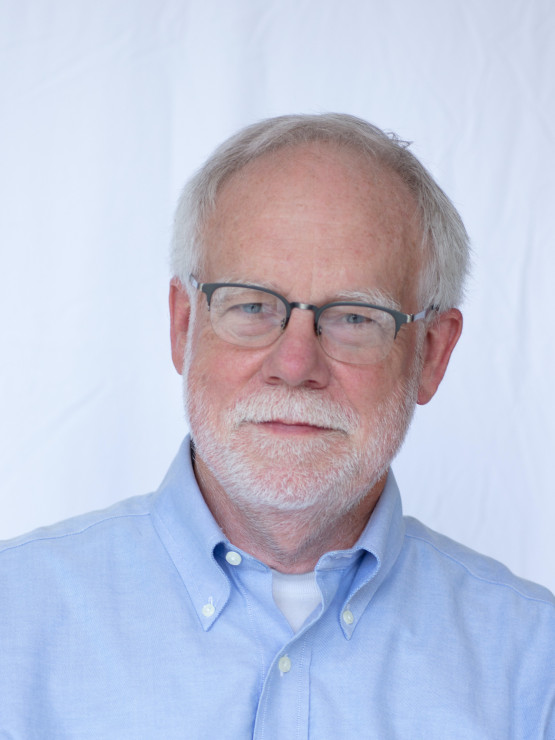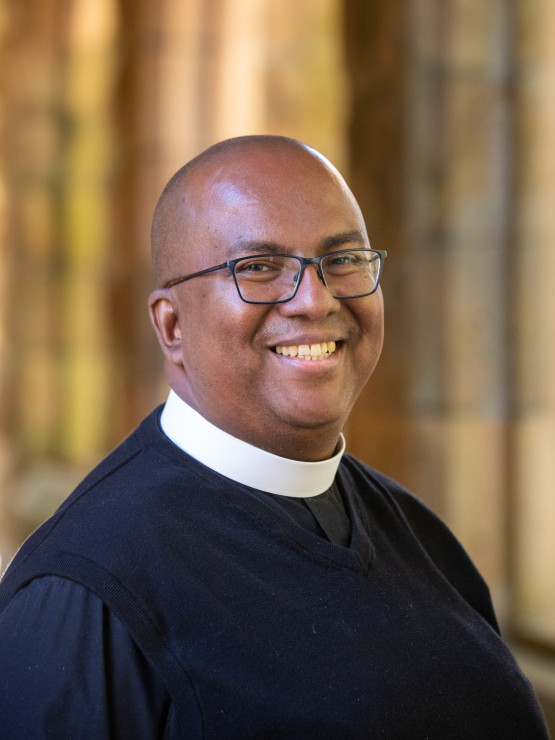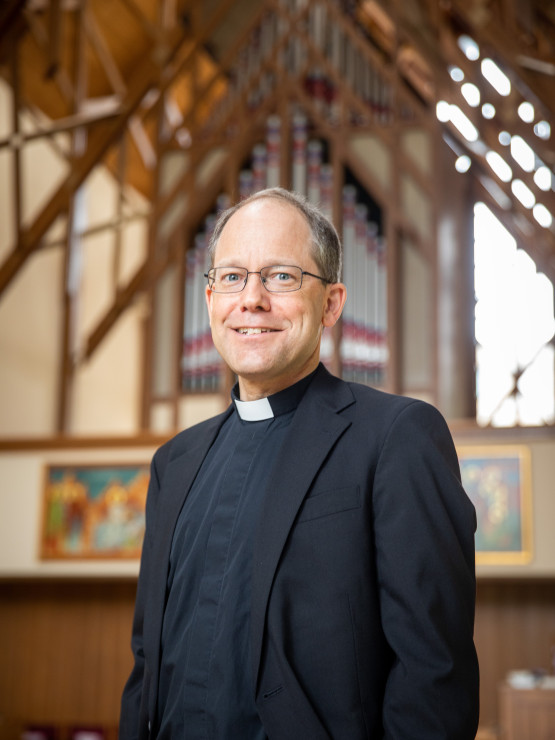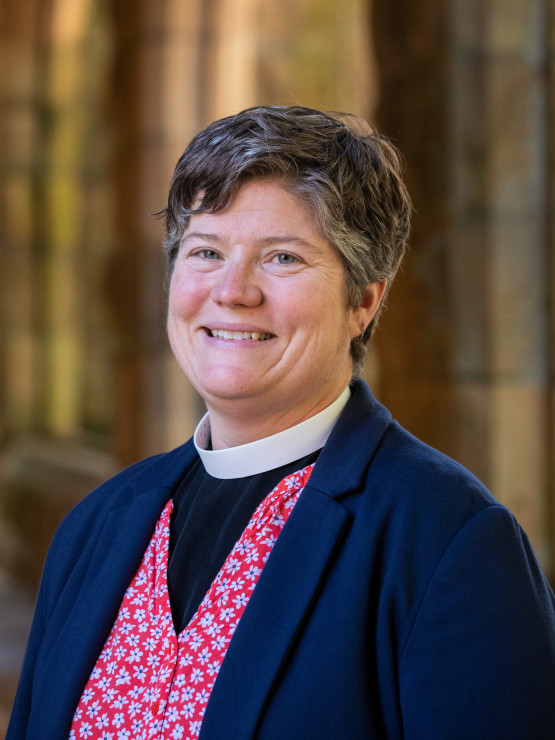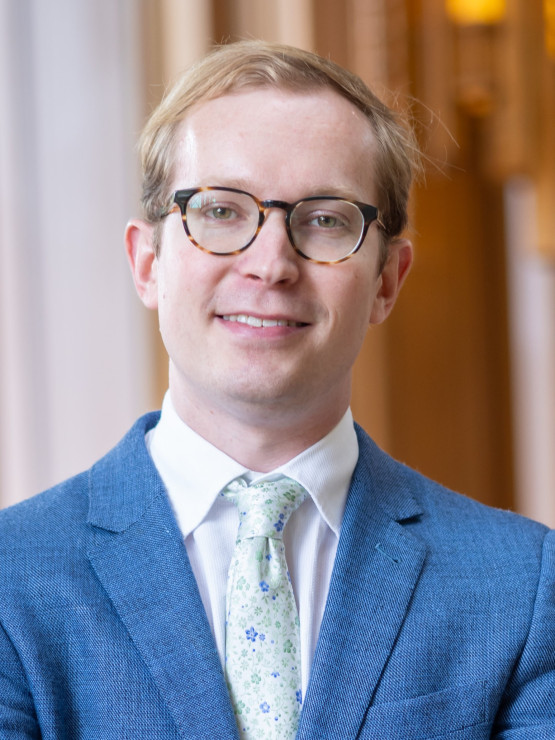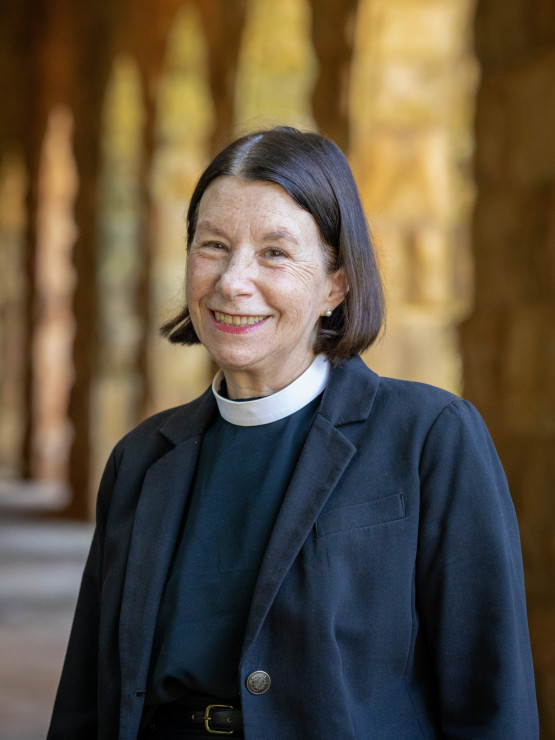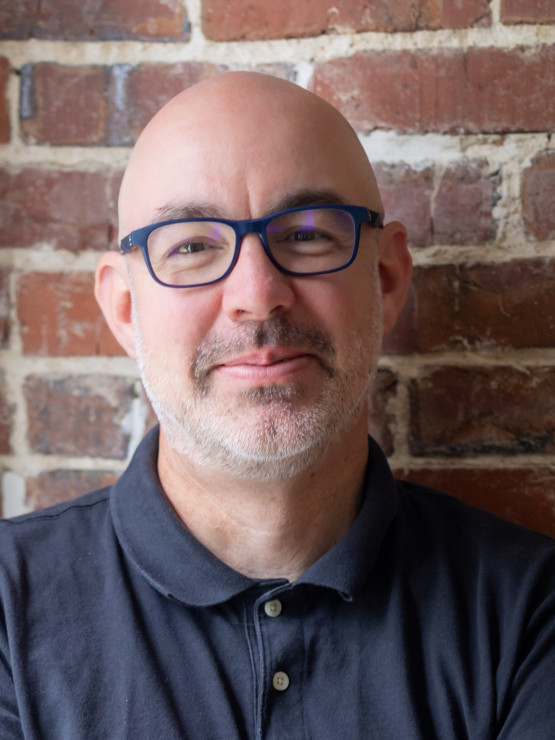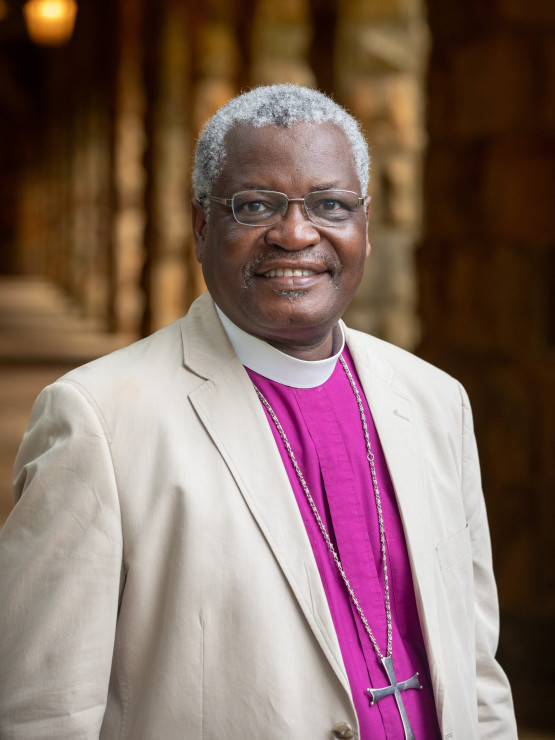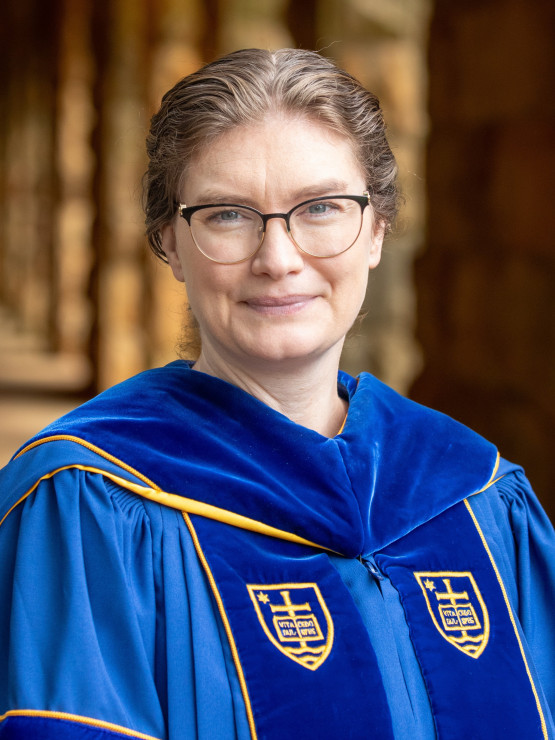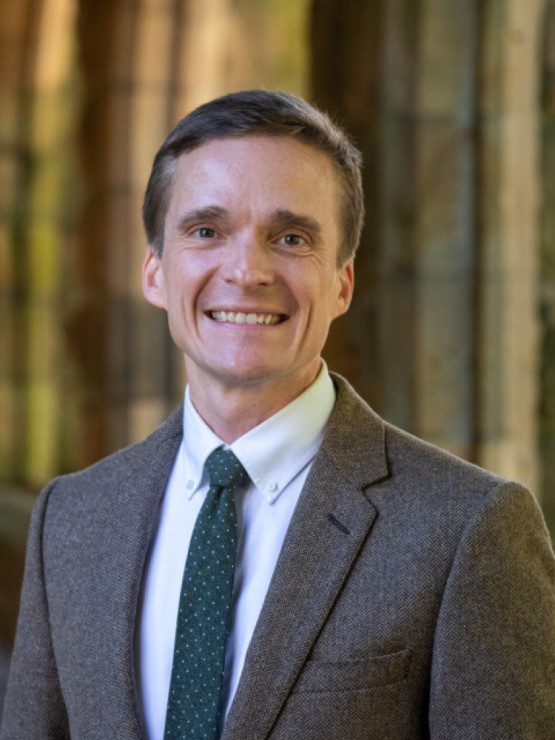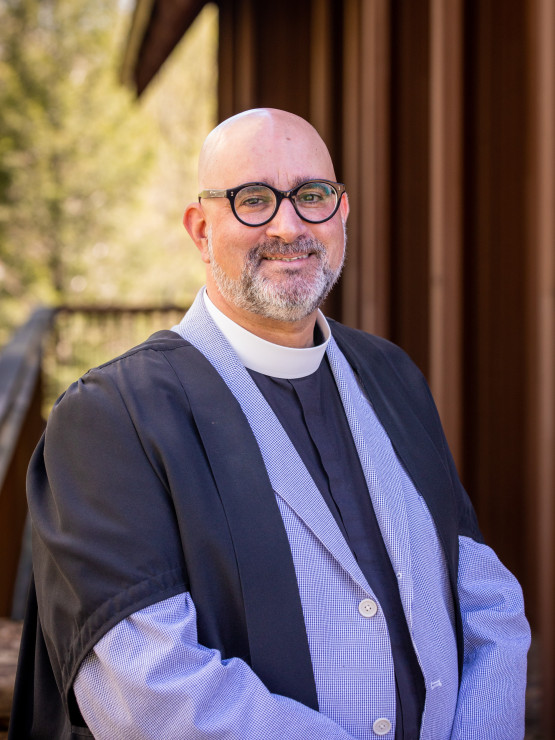
The Saint Is Our Evidence: The Hagiological Argument for the Existence of God
This session will present the thesis of Dr. MacSwain's forthcoming book of this title. Drawing on the work of Austin Farrer, Sarah Coakley, Rowan Williams, Stanley Hauerwas and others, the book explores the provocative idea that perhaps the best evidence for God is found not in the conventional "theistic arguments" of natural theology, but in transformed holy human lives. In this Lunch & Learn, Dr. MacSwain will address the "hagiological" argument (or argument from holiness) and some of the important questions it raises.
